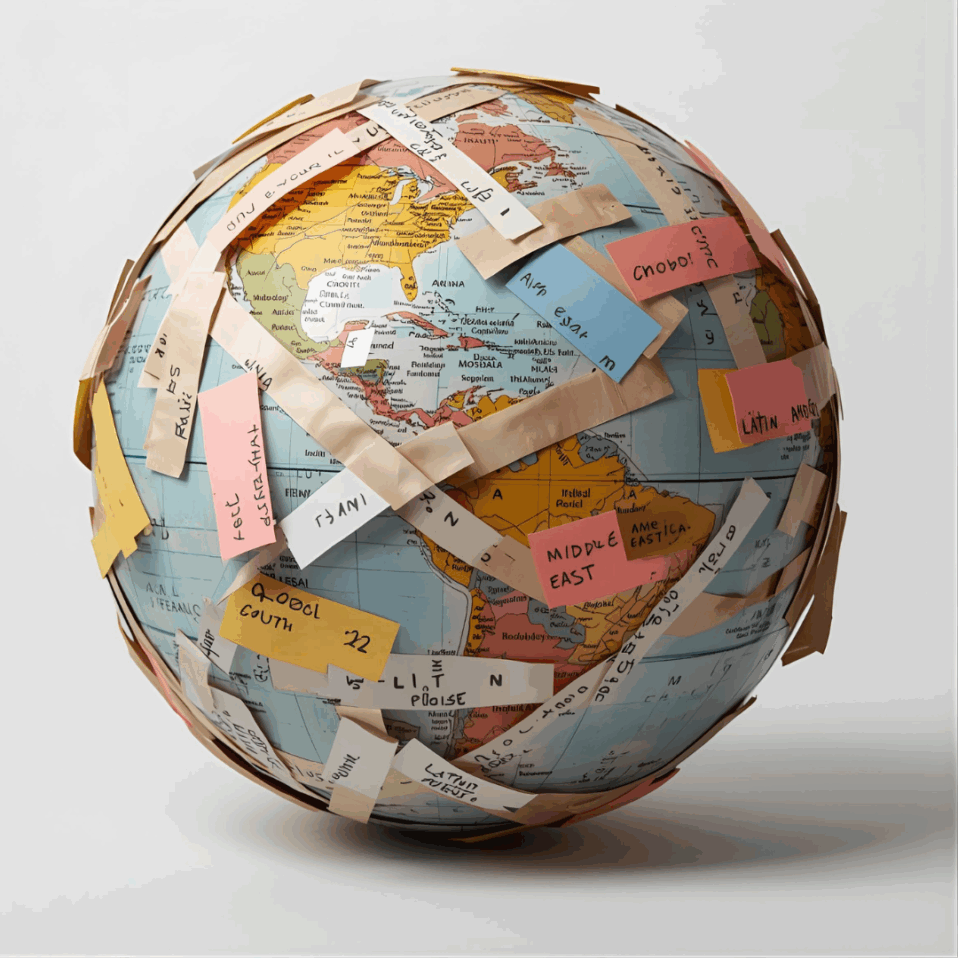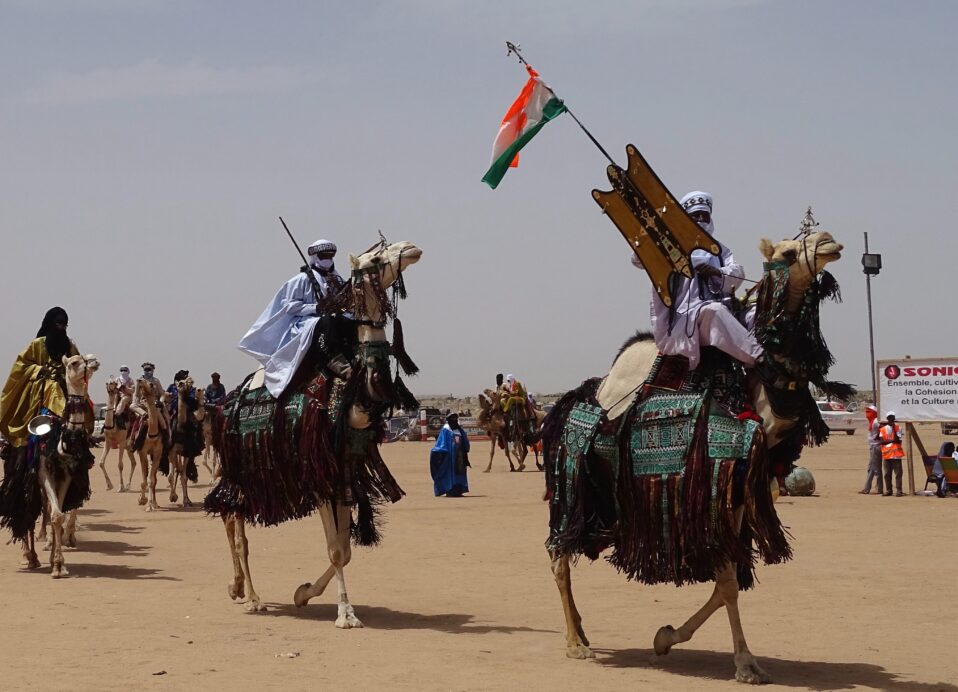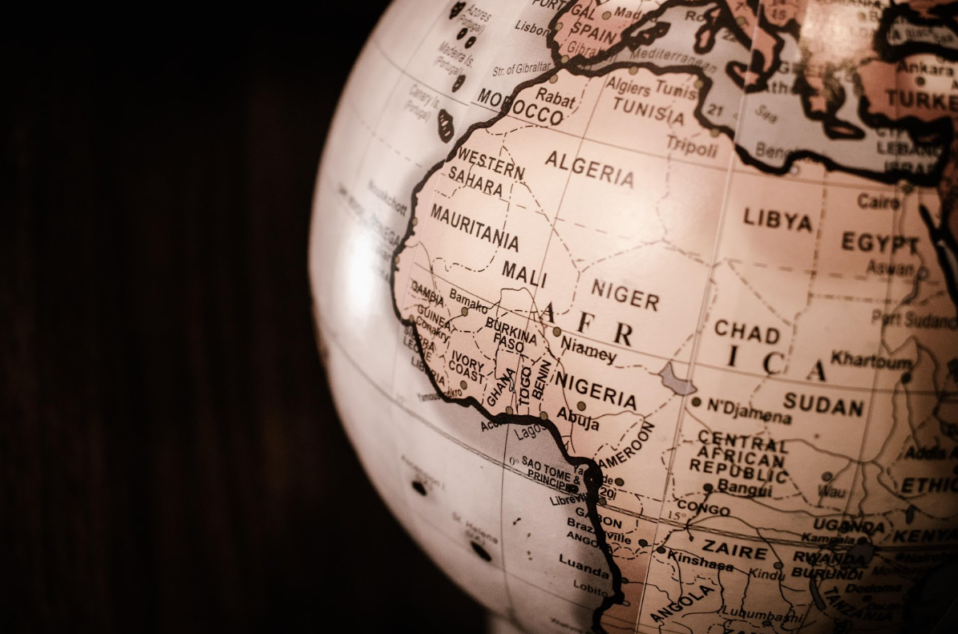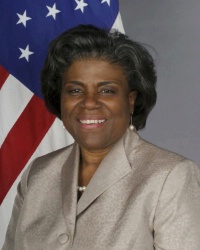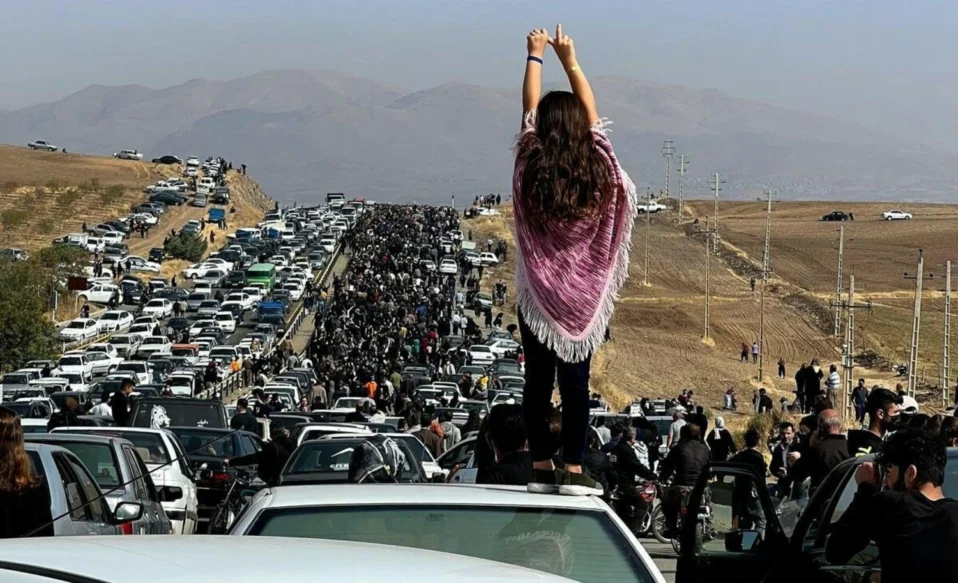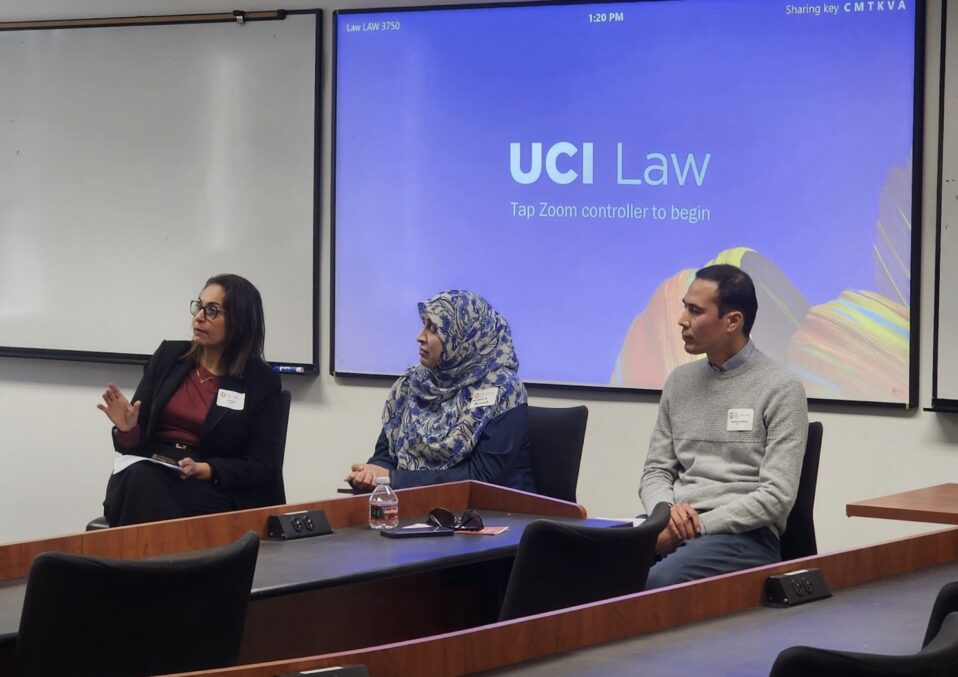By: Naseem Qader
In today’s global landscape, terminology is never just descriptive— it’s diplomatic. And the language we use to frame the world often reveals more about power than geography.
In diplomacy, the terms we use aren’t just descriptors—they’re instruments. They shape alliances, steer resources, and determine whose interests are prioritized on the global stage.
Today, the phrase “Global South” appears in climate communiqués, policy memos, and development strategies—and increasingly in the language of public diplomacy. It’s meant to signal solidarity. But whose solidarity—and at what cost?
What we call the world reveals how it’s built. Labels like “Global South” often suggest inclusion. But more often, they encode a position—one of adaptation, not authorship. Behind the naming lies a deeper tension: Who is the global system designed for? And who is expected to adjust to it?
Let’s be clear: “Global South” is not a geography. It’s an assignment. The term stretches across more than 130 countries—from nuclear powers like India to digitizing economies such as Kenya and Vietnam, from Gulf oil monarchies to climate-vulnerable nations in the Pacific such as Tuvalu and the Maldives. What unites them is not proximity or governance—but a shared exclusion from global rule-making.
Like “Middle East” or “Latin America,” the term flattens. “Africa” becomes a single noun encompassing 54 countries and over 2,000 languages. As Chinua Achebe famously wrote, “Africa is people. It is not a concept. It is not a geographical expression… It is not the patrimony of European powers.” That reminder still resonates in diplomacy, where shorthand often obscures sovereignty. “The Middle East” groups Israel, Iran, and Yemen under a Cold War-era construct. “Latin America” erases Indigenous sovereignties like the Mapuche, Aymara, and Quechua into a colonial linguistic legacy.
These weren’t names chosen by the communities themselves. They were assigned by global systems that needed the world to be legible—on their terms.
But naming has never gone uncontested. And in that resistance, some of the most enduring insights have emerged.
In the 1950s, Argentine economist Raúl Prebisch warned that global trade rules weren’t neutral—they were designed to entrench advantage, laying the groundwork for what became the Prebisch–Singer hypothesis. His critique remains relevant today in how carbon credits are priced, how financial “risk” is modeled, and how access to aid is still conditioned by externally set criteria.
Tongan‑Fijian scholar Epeli Hauʻofa reframed the Pacific not as “islands in a far sea,” but as“a sea of islands”— relational, connected, expansive. His critique wasn’t merely geographic—it challenged the entire worldview that cast the Pacific as marginal and remote.
And decades earlier, Edward Said warned: “When you don’t define yourself, others will.”
These thinkers weren’t just critiquing terminology. They were reclaiming narrative sovereignty—the right to name, not just be named.
For public diplomacy professionals, these redefinitions are more than theoretical. They offer a model for how we engage—starting from lived experience, not inherited shorthand.
Today, the challenge continues in more complex forms. Borders are no longer only territorial. They are algorithmic, linguistic, and embedded in digital systems.
Consider that languages spoken by hundreds of millions—such as Swahili, Tamil, Quechua, and Hausa—remain underrepresented in AI systems, with low-resource languages comprising less than 1% of most training data. When your language is missing from the dataset, your experience is missing from the future.
Digital finance now encodes old hierarchies through new tools. Smart contracts shape infrastructure lending. Debt is scored by algorithms built on external norms. Climate‑vulnerable communities are asked to fund their own adaptation—through systems they didn’t design.
These aren’t just technical shifts. As the global system digitizes, inherited frames are being embedded into the platforms and protocols that govern tomorrow’s diplomacy. The colonial template hasn’t disappeared—it’s been modernized and hard‑coded.
What makes this moment particularly urgent is how the term “Global South” is being revived—not just as critique, but as brand. It appears in bloc‑building, in strategic communications, and in institutional language—most notably at the 2025 BRICS Summit in Rio, which proclaimed a vision for “Global South cooperation” and “more inclusive governance.” Even when states or blocs use the term “Global South” to project unity or assert leverage, they’re still operating within a framework they didn’t author. Strategic use doesn’t equal narrative control.
Rhetorical solidarity isn’t structural transformation. The term may shift who speaks—but not always who decides. It’s often invoked to suggest alignment, even when the underlying systems remain unchanged.
And when recognition depends on aligning with trauma, donor frameworks, or geopolitical groupings, identity becomes a performance. The label begins to obscure more than it reveals.
This has real implications for diplomacy. AI governance is being shaped in dominant languages, with training data that leaves vast regions behind. Climate finance often centralizes power, reinforcing dependency. And the platforms through which global narratives flow—media, education, policymaking —continue to privilege dominant frameworks that define what counts as legitimate knowledge—and whose voice counts.
When these labels go unexamined, they shape how policies are framed, how trust is built, and who is invited to participate as an equal partner in global decision‑making. If diplomacy is the architecture of global understanding, then language is the scaffolding. And when that scaffolding is built on outdated frames, entire communities are misrepresented—or excluded altogether.
So the question is not whether to use the term “Global South.”
It’s whether we’re willing to interrogate what it does.
When multilateral institutions, diplomatic actors, or global alliances invoke inherited frames, we must ask: Which country? Whose voice? What assumptions are being reinforced —and for whose benefit?
Because it’s not just the map that’s being contested. It’s the right to hold the pen.
That’s the challenge—and opportunity—of public diplomacy today: not simply to translate across borders, but to help reimagine the frame itself.

